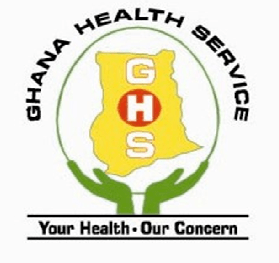Guidelines to improve healthcare supportive systems launched
 The Ghana Health Service (GHS) in collaboration with the USAID on Thursday launched the Supportive Supervision Guidelines to promote quality healthcare delivery at all levels in the country.
The Ghana Health Service (GHS) in collaboration with the USAID on Thursday launched the Supportive Supervision Guidelines to promote quality healthcare delivery at all levels in the country.
The Supportive Supervision Guidelines seeks to strengthen the relationship between practitioners, and improve services that would be provided to clients.
This is aimed at teaching, learning, facilitating, mentoring, jointly solving problems, maintaining two-way channel of communication among supervisors and supervisees to enable practitioners follow the guidelines to the letter.
Dr Anthony Nsiah-Asare, the Director General GHS, at the event in Accra, said they were committed to improving the quality of health services nationwide and therefore the establishment of the Supportive Supervision concept among others would ensure the delivery of high healthcare services across the sector.
He said the traditional supervision model was not yielding the needed outcome to allow for effective positive change and enhance staff performance hence the need for the new one.
Dr Nsiah-Asare said this approach had the potential to result in sustainable healthcare which was more aligned with the GHS goal of improving quality service delivery.
The new approach would also help practitioners to avoid the long standing challenges associated with the traditional supervision.
“This the GHS intends to rollout nationwide for use by all providers, managers, administrators, directors, health program managers, and trainers at all levels of the health sector,” he stated.
He noted that the sustainability of the Supportive Supervision depended largely on leaders and managers and urged them to remain committed and ensure a progressive management structure that prioritizes quality of care.
The GHS would utilize existing governance structures to integrate supportive supervision throughout the healthcare system, he added.
Dr Nsiah-Asare noted that Managers and Supervisors at each level would be trained in the supportive supervision model and be equipped to facilitate the teamwork.
“The team at each level will be implemented to oversee the supervision process, monitor progress as well as document quality improvements,” he stressed.
Mrs Eva Mensah, the Acting Director, Nursing and Midwifery, GHS, acknowledged that the previous model lacked the necessary interventions which should have empowered officials for the supportive supervision of the health sector.
She however assured the public that this new guidelines would help enhance staff performance, improve quality care and promote effective positive change.
Source: GNA
